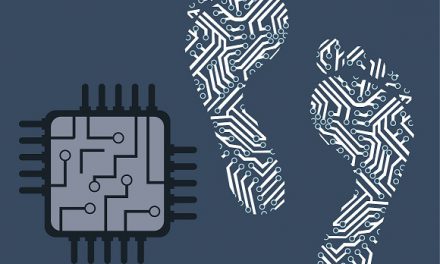
Inflation Survival Tips
Inflation is a tax that hurts all income earners. For lower income workers, higher costs mean very difficult tradeoffs that have an impact on everyday living. For higher income earners, it may have less of an impact of their standard of living, but higher expenses can erode the ability to save sufficiently for future goals, like retirement. There are a number of ways individuals and families can respond to rising prices and mitigate their harmful impact.
To view the full article please register below:
Inflation Survival Tips
Inflation is a tax that hurts all income earners. For lower income workers, higher costs mean very difficult tradeoffs that have an impact on everyday living. For higher income earners, it may have less of an impact of their standard of living, but higher expenses can erode the ability to save sufficiently for future goals, like retirement.
The persistence of elevated inflation is also likely to mean that savings rates will need to increase since future retirement income goals will need to be adjusted higher to maintain the standard of living that was expected with a previously established retirement income goal.
Six Ideas for Combating Inflation
There are a number of ways individuals and families can respond to rising prices and mitigate their harmful impact.
- Having a budget is more important than ever. Reviewing spending is an essential step in identifying unnecessary or non-priority expenses that can be reduced or eliminated (e.g., all those subscription services or the gym membership that goes unused). Now is the time to reassess spending priorities.
- Review insurance costs. Examine the costs of home and auto insurance and shop around for potentially less expensive policies. Savings can also be gained through increasing a policy’s deductibles or, in the case of auto insurance, removing collision coverage on older cars.
- Perform an energy audit on your home. Heating and air conditioning costs are soaring, so it may be time to seal air leaks, clean HVAC systems and set the A/C at a higher temperature.
- Put off buying a new car. Auto prices are at record highs. Avoid purchasing a new vehicle, if possible; when it becomes unavoidable to replace an existing car, consider a well-maintained used car instead of a new one.
- Change food-buying habits. Food cost increases vary widely. The prices of meat products, for instance, have risen well above many other food categories. A switch to plant-based meals may not only save money, but they are healthier for the entire family and the planet.
- Defer large projects. Larger projects or purchases are very expensive right now, thanks to supply constraints and heavy demand. If a project or purchase can wait, deferring it may result in better pricing later as supply chains improve and an economic slowdown erodes contractors’ pricing power.
Households that find ways to cut spending can redirect those savings into important long-term goals, like college funding or retirement, which should help to ensure that today’s inflation doesn’t derail future financial security.
Please reference disclosures: https://blog.americanportfolios.com/disclosures/












